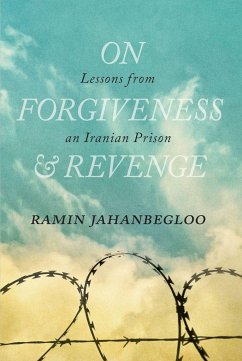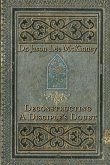"As I walked out the door toward the gate that would lead to my freedom, I knew if I didn't leave my bitterness and hatred behind, I'd still be in prison." - Nelson Mandela Upon his release from Iran's notorious Evin Prison, philosopher Ramin Jahanbegloo contemplated the words of Mandela as he grappled with demons arising from being unjustly imprisoned. He then began to wrestle with ideas of forgiveness versus revenge, and wondered if the politics of forgiveness could offer salvation in a world where revenge endangers the social and political fabric of our lives. "What is forgiveness, and how do we get there?" Jahanbegloo asks, in this follow-up to his internationally celebrated book Time Will Say Nothing: A Philosopher Survives an Iranian Prison. Prevailing upon the wisdom of the Ancients, the Dalai Lama, and other great thinkers, this meditation on forgiveness and revenge offers insights into building a more peaceful world during this time of nationalism and exclusion.
Hinweis: Dieser Artikel kann nur an eine deutsche Lieferadresse ausgeliefert werden.
Hinweis: Dieser Artikel kann nur an eine deutsche Lieferadresse ausgeliefert werden.








